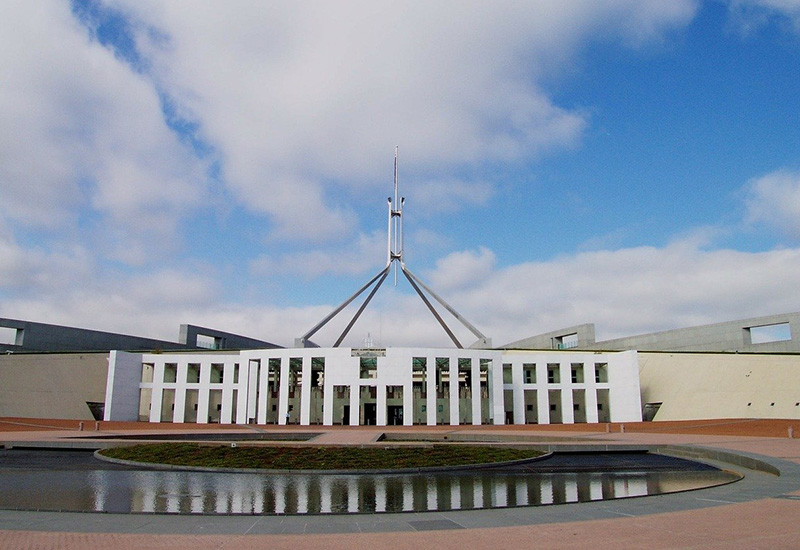IPEd submission seeks increased arts funding
IPEd has called on the Federal Government to better support the arts sector in a submission to a Senate committee inquiry into Australia’s creative and cultural industries and institutions.
The submission says IPEd believes a serious investment in the arts sector is imperative for the Australian way of life and spirit.
‘It is imperative the government support a sector that is vital to the health of the human condition. As we look to enter a post-COVID-19 era, Australians are bracing for economic hardship and increasing unemployment. More than ever, they will be looking to the arts to sustain them, build their resilience and inspire them to contribute to Australian society and the economy,’ the submission says.
IPEd believes the impact of COVID-19 on the creative industries has been swift and devastating. Budget commitments demonstrate a lack of interest in reversing the debilitating impacts of COVID-19 on the arts sector.
An article in The Guardian highlighted that the arts sector was hit first, was hit worst and would likely be the last to recover. It also noted that urgent calls for investment in the arts had been ignored.
IPEd welcomes the $250 million committed this year and hopes it will assist in rebuilding the arts sector, but this pales in comparison to the $688 million package aimed at boosting the housing construction sector.
Job growth
The 2019 Federal Government report Creative skills for the future economy found creative and cultural industries are engines for job growth.
An Australia Institute discussion paper, Art vs Dismal Science:The economics of Australia’s creative arts sector [PDF 590 KB], shows that every $1 million invested in the arts creates nine jobs. In construction, that same investment generates just 0.9–1.3 jobs. Rather than investing in sectors with the greatest potential to support jobs and the return to work, the budget has instead committed to indirect job creation.
IPEd argues the numbers alone are a significant argument to invest in the arts.
Editors work collaboratively with content creators to help get the message across with greater clarity, elegance and insight. Editors provide essential (often invisible) support for the arts and creative industries, such as in these roles:
- they support authors in publishing
- they are the communications officers assisting MPs and senators to hone their pitch and daily message
- they are content developers in theatre and cultural productions.
IPEd’s submission says arts and culture in Australia are not just for elites. Only weeks before COVID-19 was declared a pandemic, A New Approach (ANA), an independent think tank championing effective investment in and return on Australian arts and culture, commissioned qualitative research into the views of middle Australians about arts and culture.
The ANA report, A view from middle Australia: Perceptions of arts, culture and creativity [PDF 6.58MB], found middle Australians consider arts and culture essential to the Australian way of life.
Australia Council research shows 63 per cent of Australians believe in increasing our investment in the arts to ensure they provide creative experiences for young people to support learning and development.
Small business support
Most people working in the arts sector are sole traders, contractors and small business owners. This is also true of IPEd members, and increasingly so: our 2016 member survey found 76 per cent of respondents were freelancers, compared with 56 per cent in the 2014 survey.
IPEd surveyed members in April 2020 about the impacts on them of COVID-19. Of the respondents, 41 per cent said they were negatively affected and 53 per cent indicated they have experienced negative and positive effects.
Small businesses contribute to local economies by bringing growth and innovation to the community in which the business is established. Small businesses also help stimulate economic growth by providing employment opportunities for people who may not be employable in larger corporations.
During the height of the COVID-19 pandemic in March and April, when the whole country was in lockdown, Australians turned to the arts for comfort. Across the globe, as nations succumbed to the first wave, communities rallied together in a collective celebration of song and story-telling.
Musicians debuted solo performances on their balconies, opera singers serenaded weary families and individuals through rousing performances, and international authors offered free access to literature.
You can read IPEd’s full submission on the Senate inquiry website. Scroll through to #72.

